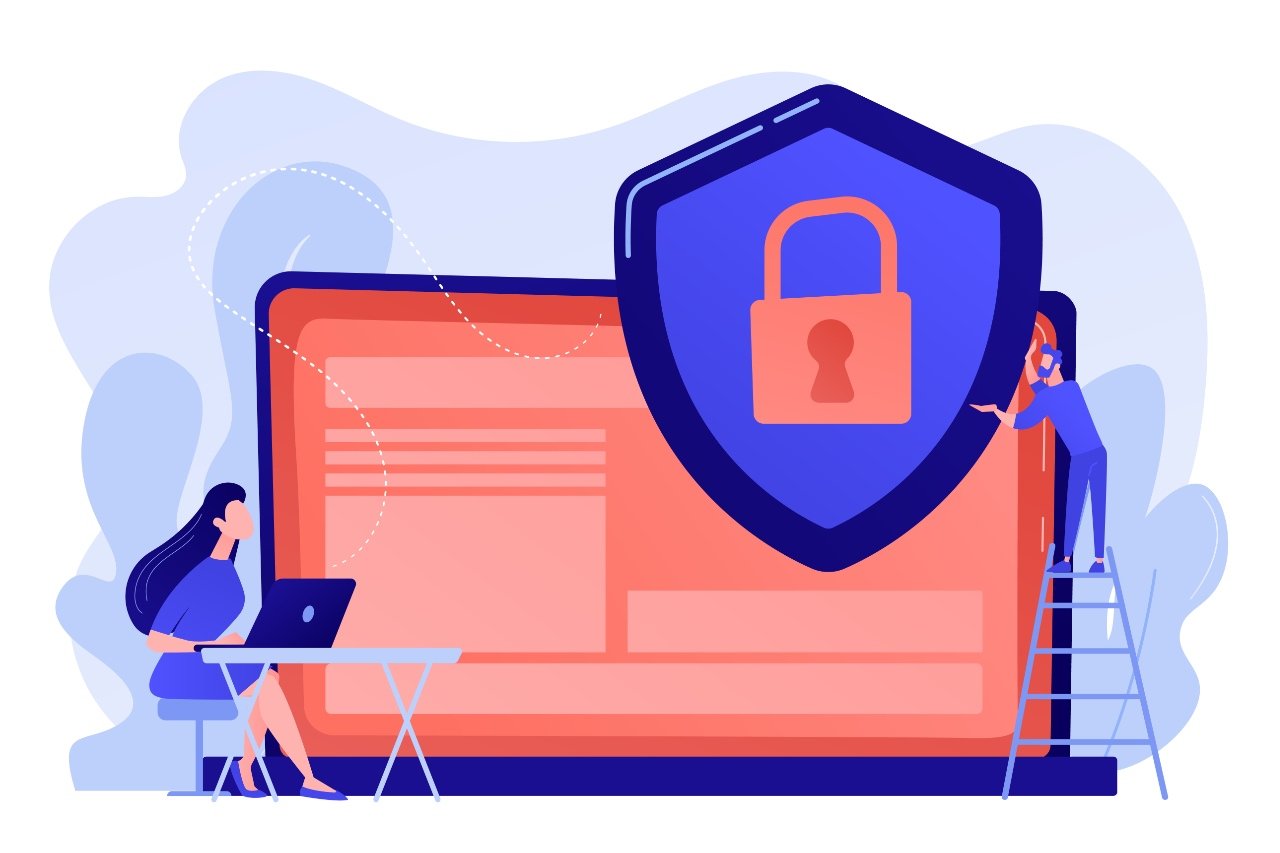Image source: Freepik
Ensuring digital safety in 2024 is vital as it protects you from potential consequences like data breaches, identity theft, fraud, blackmail, and cyberbullying. All these risks have the potential to harm your reputation and overall well-being.
This article focuses on key digital safety practices for 2024. We’ll cover emerging cyber threats, privacy concerns, and protective measures, offering insights into the latest security tools. Our goal is to provide a guide for maintaining a secure online presence in today’s ever-changing digital landscape.
Evolving Online Threats: What to Watch Out for in 2024
2024 brings a host of challenges for both individuals and organizations trying to keep their digital lives safe. One major concern is ransomware attacks, where sneaky software locks up files or devices and demands payment for their release.
A looming threat we face today is the rise of deepfake videos. These videos are deceptively realistic, created with technology to imitate someone’s voice or appearance. It damages personal and professional reputations and paves the way for possible scams.
There’s also a unique threat from IoT hacks, targeting smart devices linked to the internet. Cameras, thermostats, and speakers become vulnerable, putting privacy and home network security at risk. Real cases and proven vulnerabilities in these devices show the actual dangers of our increasingly connected digital lives.
Also, beware of social engineering scams – schemes that manipulate or trick you into sharing personal or financial details. Falling victim to these scams can result in identity theft, financial setbacks, and various forms of fraud.
All these online threats seriously impact digital safety, causing data loss, privacy invasion, identity theft, and damage to reputations. Dealing with these risks requires a well-rounded cybersecurity approach.
Privacy Concerns: What to Be Aware of in 2024
We’re facing a bunch of privacy concerns, and they can seriously affect our lives in the coming year. One big problem is how websites and apps constantly gather information about us. They gather details about our actions, preferences, and online behavior. This information is used to display ads that are supposed to be tailored just for us, but sometimes, it feels like they’re invading our personal space.
A real example from not too long ago shows how serious this is. A famous social media platform got in trouble for selling our info to advertisers without user consent. It made everyone realize how our data can end up in the wrong hands if we’re not careful.
Then, there’s the scary possibility of data breaches. Cybercriminals find weak spots in databases and sneak in to grab our personal stuff. This leads to big problems like stealing money or pretending to be someone else. In 2022, there were more than 1,802 reported cases of this happening worldwide, affecting lots of people and costing organizations a ton of money.
Government involvement raises significant privacy concerns as they actively monitor online activities, potentially infringing upon our privacy rights. There are instances where authorities dictate the content accessible to citizens, a practice that raises ethical questions. Ongoing debates surround internet shutdowns in certain regions, prompting discussions on the balance between ensuring safety and allowing individuals the freedom to engage in their online activities.
The gravity of privacy concerns cannot be overstated in the context of our online security. In the event that our data is mishandled, the potential consequences extend to identity theft and susceptibility to fraudulent activities. It is imperative to underscore the profound impact that improper use of our personal information can have, ranging from compromising our identity to inadvertently engaging in illicit or harmful endeavors.
Protective Measures: What to Do in 2024
Securing your online well-being is of utmost importance. It’s vital to put in place safety measures to protect your personal and financial details.
- Craft lengthy, intricate, and unique passwords for your various accounts. This will keep the criminals searching for the easiest targets away.
- Employ encryption tools or services to safeguard your data both when it’s sitting still and when it’s on the move.
- Go for security solutions that offer features like spotting malware, shielding against ransomware, and preventing phishing attacks.
- Pick secure cloud storage services that come with encryption and security perks. Regularly back up your data on cloud storage to swiftly recover it in case of any loss.
- Don’t click dubious links or attachments. Confirm the identity of online contacts, and approach unsolicited messages with a healthy dose of skepticism.
- When dealing with personal and financial info, stick to trusted platforms for transactions. Be mindful of what you share online to manage your online presence smartly.
- Install and keep your antivirus, firewall, and VPN software up to date. Choose trusted providers, like the ones you’ll see in a VPN comparison table in the leading positions.
Conclusion
Navigating 2024 demands heightened vigilance against cyber threats – ransomware, phishing, and the specter of privacy invasion. Safeguard your digital properties with robust passwords, timely software updates, and cautious web navigation. Consider
Filed Under: Guides, Technology News
Latest aboutworldnews Deals
Disclosure: Some of our articles include affiliate links. If you buy something through one of these links, aboutworldnews may earn an affiliate commission. Learn about our Disclosure Policy.







